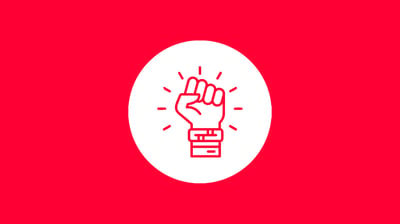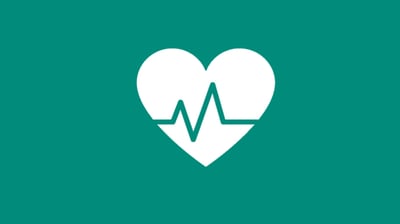
Weawomen
Advocacy
Policy Influence:
Engaging with policymakers to shape legislation that improves women's rights, such as equal pay, reproductive health access, and protection from violence.
Awareness Campaigns:
Running campaigns to raise public awareness about critical issues affecting women, such as domestic violence, gender discrimination, and human trafficking.
Community Engagement:
Mobilizing communities to support women's issues through education, outreach programs, and partnerships with local leaders and organizations.
Legal Support:
Providing legal aid to women affected by injustices and advocating for changes in the legal system to better protect women’s rights.
Empowerment
Economic Empowerment:
Providing training and resources for women to start and manage businesses, secure employment, and gain financial independence.
Education and Skill Development:
Offering educational programs and vocational training to enhance women’s skills and knowledge, which can lead to better job prospects and personal growth.
Self-Esteem Building:
Conducting workshops and support programs to help women build self-confidence, assertiveness, and personal resilience.
Community Engagement:
Encouraging women to participate in community activities, leadership roles, and advocacy efforts to drive collective action and change. Each of these areas plays a crucial role in supporting and improving the lives of women, helping to create a more equitable and just society. NGOs often work across these areas to provide a comprehensive approach to women’s care and empowerment.






Leadership
Capacity Building:
Offering training and mentorship programs to help women develop leadership skills and advance in their careers.
Networking Opportunities:
Creating platforms for women to connect with mentors, peers, and professional networks to expand their influence and opportunities.
Representation:
Advocating for greater representation of women in leadership roles within organizations, governments, and other institutions.
Supportive Environments:
Establishing programs and policies within organizations that support women in leadership roles, such as flexible work arrangements and support networks.
Health
Reproductive Health Services:
Providing access to contraception, prenatal care, and maternal health services to ensure safe pregnancies and childbirth.
Mental Health Support:
Offering counseling, therapy, and support groups to address mental health issues, such as anxiety, depression, and trauma.
Preventive Care:
Educating women about preventive health measures, such as screenings for cancer and sexually transmitted infections (STIs), and promoting healthy lifestyles.
Access to Health Care:
Working to eliminate barriers to health care access, such as financial constraints, geographical isolation, or lack of transportation.


